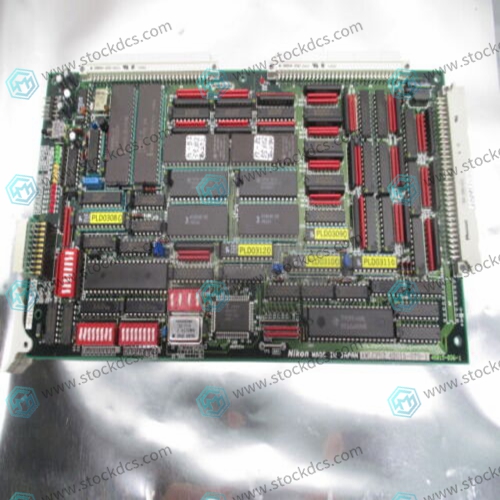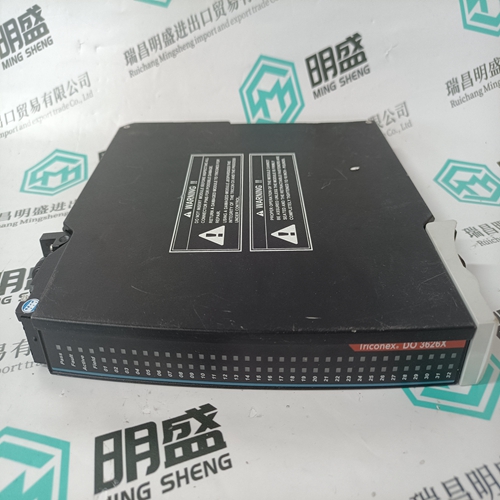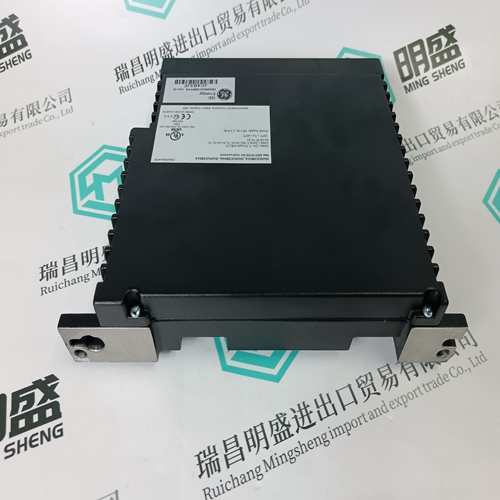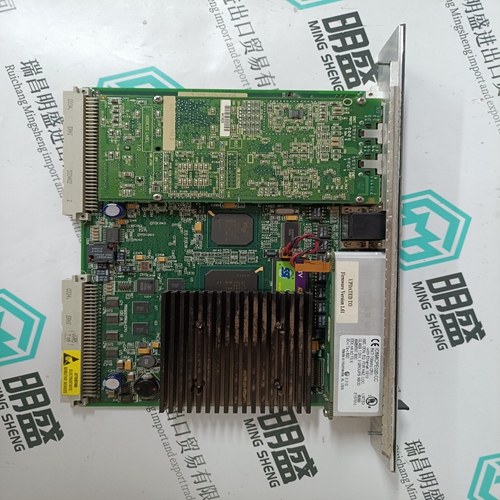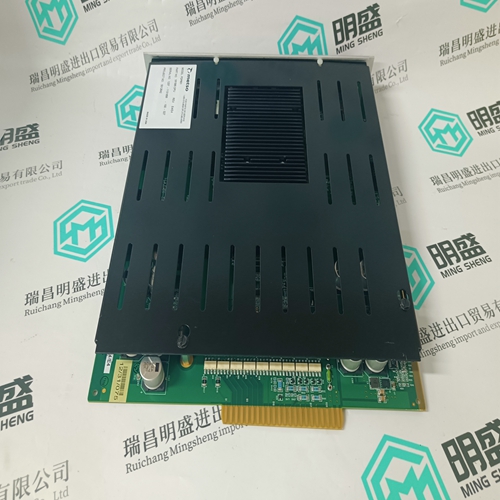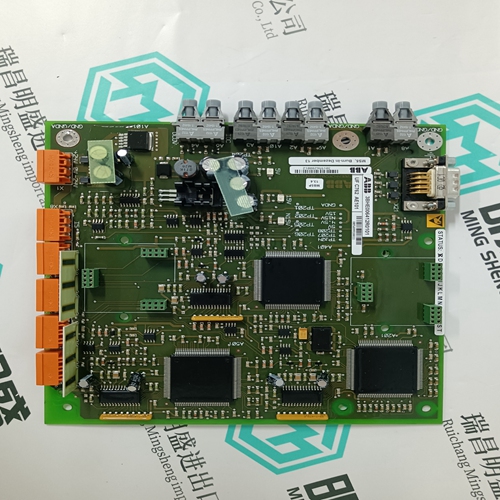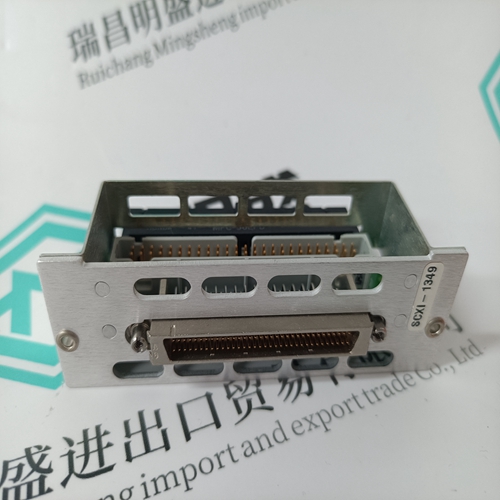Home > Product > Robot control system > NIKON 4S015-070-1 Fiber Optic Interface Board
NIKON 4S015-070-1 Fiber Optic Interface Board
- Goods status: new/used
- Delivery date: stock
- The quality assurance period: 365 days
- Phone/WhatsApp/WeChat:+86 15270269218
- Email:stodcdcs@gmail.com
- Tags:NIKON4S015-070-1Fiber Optic Interface Board
- Get the latest price:Click to consult
NIKON 4S015-070-1 Fiber Optic Interface Board
Product Details Introduction
A fiber optic interface board is a module or board used to connect fiber optic communication devices, typically used in network devices, communication devices, and data centers to support high-speed, high-bandwidth fiber optic communication. The following are some common features of fiber optic interface boards:
Fiber optic connection: Fiber optic interface boards are used to connect fiber optic cables for high-speed and long-distance data transmission. They support the transmission and reception of optical signals.
Multiple interface types: Fiber optic interface boards typically support multiple fiber optic interface types, including single mode and multimode fibers, to adapt to different fiber optic architectures and requirements.
High bandwidth: These interface boards typically support high bandwidth transmission and are suitable for handling large amounts of data and high-speed communication needs, such as video streaming and high-capacity file transfer.
Protocol support: Fiber optic interface boards typically support multiple communication protocols, such as Ethernet, Fibre Channel, InfiniBand, etc., to meet the needs of different applications.
Long distance transmission: Fiber optic interface boards are suitable for long-distance data transmission, overcoming the transmission distance limitations of copper cables.
Data security: Fiber optic communication is less susceptible to eavesdropping and electromagnetic interference, and fiber optic interface boards help improve data security.
Hot swapping support: Many fiber interface boards support hot swapping, allowing for the replacement or addition of fiber modules without interrupting device operation.
Multi channel support: Fiber interface boards typically have multiple fiber channels, allowing for simultaneous processing of multiple fiber connections.
Monitoring and management: Some fiber optic interface boards have monitoring and management functions, allowing administrators to monitor the status, performance, and fault conditions of fiber optic connections.
Compatibility: They are usually standard sizes and interfaces to ensure compatibility with various network devices and switches.
Scalability: Fiber optic interface boards typically support module stacking and expansion to increase the number of ports and bandwidth as needed.
Product image
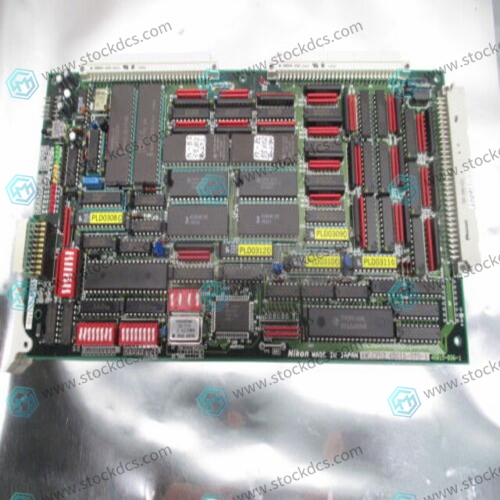
Related products:
Nikon 4S017-615 Control Pulse Module
Nikon 4S020-160 Industrial Control Module
NIKON 4S019-426-1 Control Main Board Module
